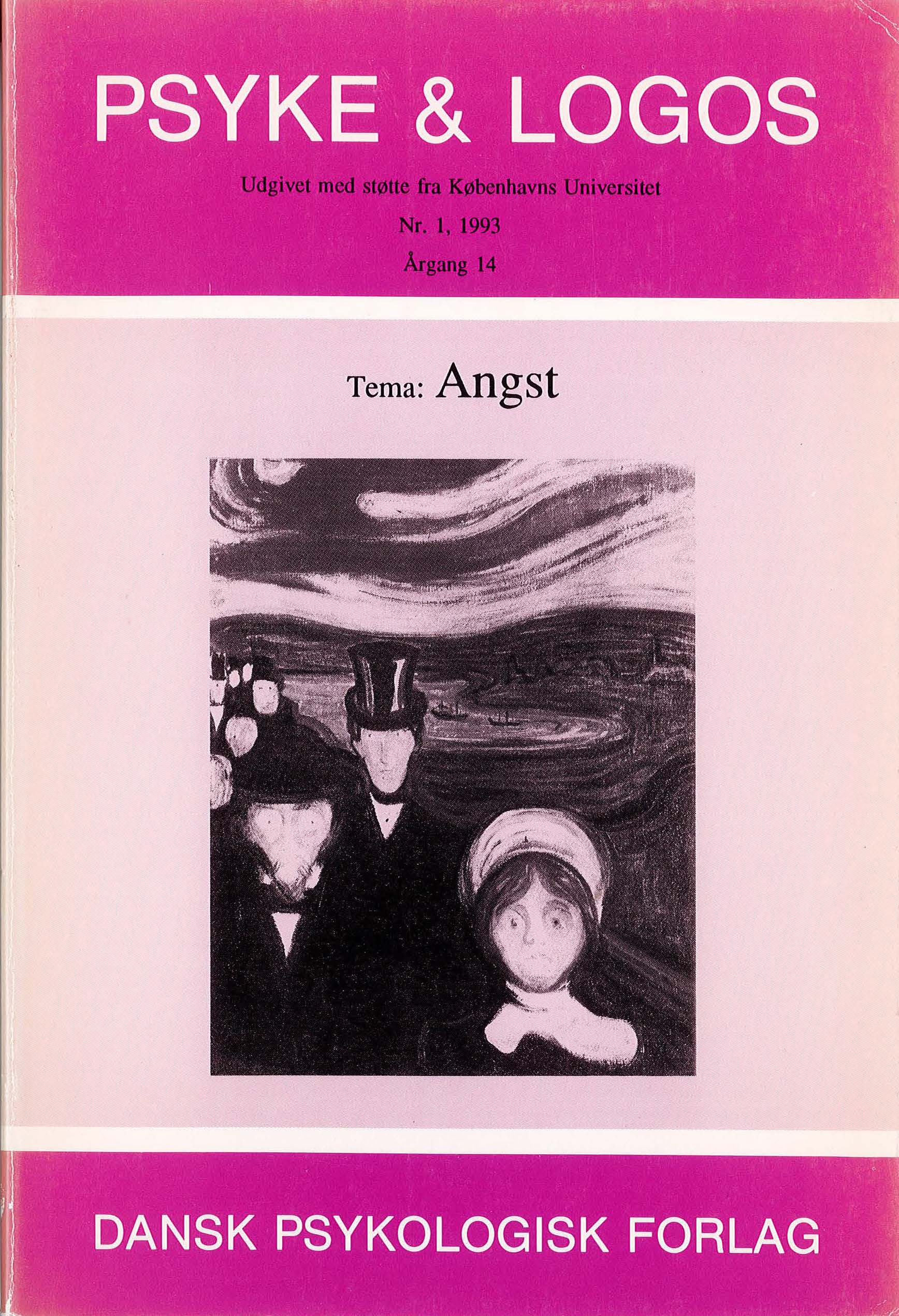Angstens tvetydighed
Begrebet angst i Kierkegaards filosofi
DOI:
https://doi.org/10.7146/pl.v14i1.135786Abstract
Anxiety plays a central role in the philosophy of Søren Kierkegaard in virtue of what it shows about human existence. The very faet that a human being can be anxious indicates that it is a self with the task of becoming itself. The article investigates this significance of anxiety. It argues that there are two levels in Kierkegaard's analysis of anxiety. At the frrst level anxiety is the possibility
of freedom, while at the second level anxiety means losing freedom in relation to oneself. It is furthermore argued that ambiguity is a keyconcept connecting the two levels: The possibility of freedom emerging in anxiety is ambiguous and at the second
level anxiety itself becomes an ambiguous position. Finally, the article discusses the problem of anxiety having a general significance. The significance of anxiety itself seems to be ambiguous - one has to leam to be anxious in order to be free from anxiety. It is therefore necessary to clarify in what way anxiety is the possibility of freedom.
Downloads
Published
How to Cite
Issue
Section
License
Ophavsret er tidsskriftets og forfatternes. Det er gældende praksis, at artikler publiceret i Psyke & Logos, som efterfølgende oversættes til andet sprog, af forfatteren frit kan publiceres i internationale tidsskrifter, dog således at det ved reference fremgår, at den oversatte artikel har et forlæg i en dansksproget version i Psyke & Logos. Artikler kan frit deles og linkes til på forsknings- og undervisningsnetværk (så som Blackboard). Link foretrækkes, fordi det giver oplysning om brug af tidsskriftets artikler.




